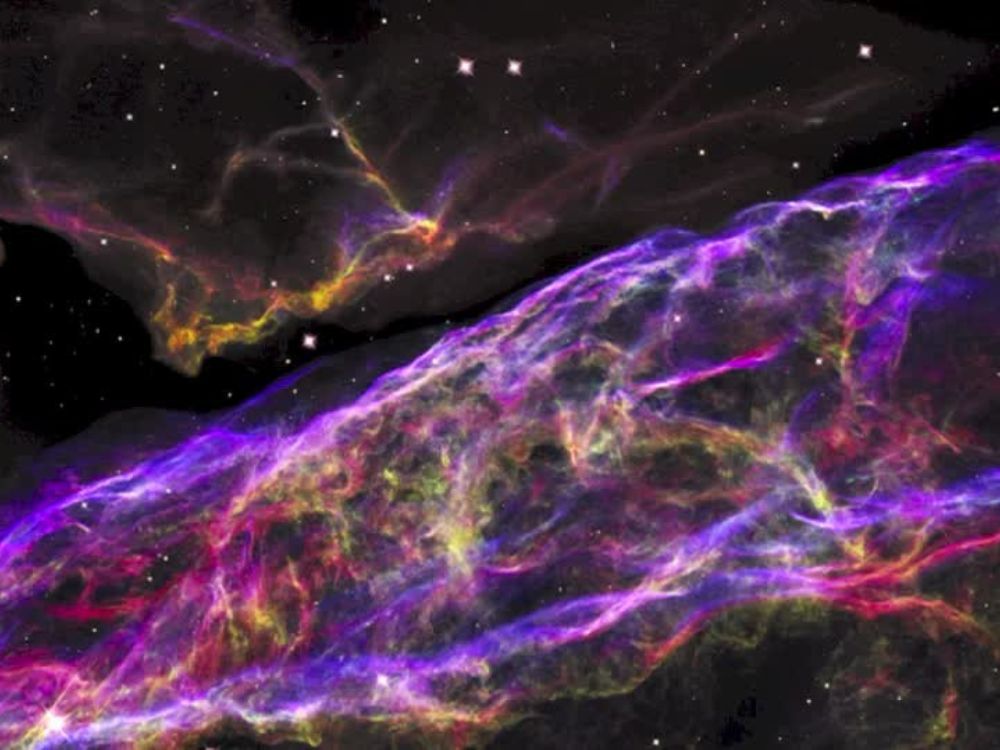Hubble trouble: Constant tension – with Professor Daniel Mortlock

public in-person lecture
A century ago, Edwin Hubble discovered that the Universe is expanding and made the first measurement of its rate, now known as the Hubble constant. Professor Mortlock divulges the current ‘Hubble tension’ about its conflicting measurements stirring the astrophysics world.
Daniel Mortlock - Professor of Astrophysics and Statistics, Physics and Mathematics departments, Imperial College London.
Edwin Hubble was an American Astronomer who changed our view of the Universe. In 1929 he showed that galaxies are moving away from us with a speed proportional to their distance. The explanation was simple, but revolutionary: the Universe is expanding. He changed the way we thought of the Universe forever.
He made the first measurement of what is now known as the Hubble constant, H0, which characterises the current expansion rate.
Despite being conceptually a very simple quantity, the near impossibility of making precise and reliable distance measurements of extra-Galactic objects (i.e. outside our own Milky Way galaxy) has made it extremely difficult to determine the value of H0.
After a century of sometimes vitriolic debate about this, in the early 2000’s the Hubble Space Telescope Key Project seemed to have settled the issue, with H0 established to 10% precision at around 70 km/s/Mpc (kilometres per second per megaparsec, somewhat baroque units which will be defined in the talk).
However, in the time since, a “tension” has arisen between local “direct” measurements of H0, which imply H0 = 73+/-1 km/s/Mpc, and “cosmological” measurements from the cosmic microwave background (CMB) radiation, which imply H0 = 67+/-0 km/s/Mpc. The reported uncertainties on both measurements are too small for this discrepancy to be random chance, implying either i) new physics or ii) a significant re-evaluation of the data will be required to resolve this “Hubble trouble”.
Professor Mortlock grew up in Melbourne, Australia, where he did first an undergraduate degree and then a PhD in physics at the University of Melbourne. He then moved to the UK, working at the University of Cambridge and then Imperial, where he has been a permanent member of staff since 2011. His astrophysics research includes the search for the most distant quasars, measuring the Hubble constant and galaxy evolution.
This event is open to everyone, simply book places below.
We do not issue tickets, the email sent to you upon booking will act as your confirmation. The location for this event is on the South Kensington campus, Imperial College London, SW7 2BX. Nearer the time we will email you with the exact lecture theatre.
If you are a Member of Friends, one of the benefits of an annual Membership is a reduction in the price of lecture tickets, both for you and your guests. If you are not a Member and would like to take advantage of this, as well as enjoying the wide range of other benefits such as exclusive visits and FREE live streamed events, visit the 'Join Friends' page here.
We have a number of free school tickets available for each of our public in-person lectures at Imperial. A teacher can bring a group, up to a maximum of 10 students; students can book themselves by simply providing us with the name of the school but, if they are aged 16 or under, must be accompanied by a teacher. These tickets are limited in number and offered on a first-come first-served basis so book early!

